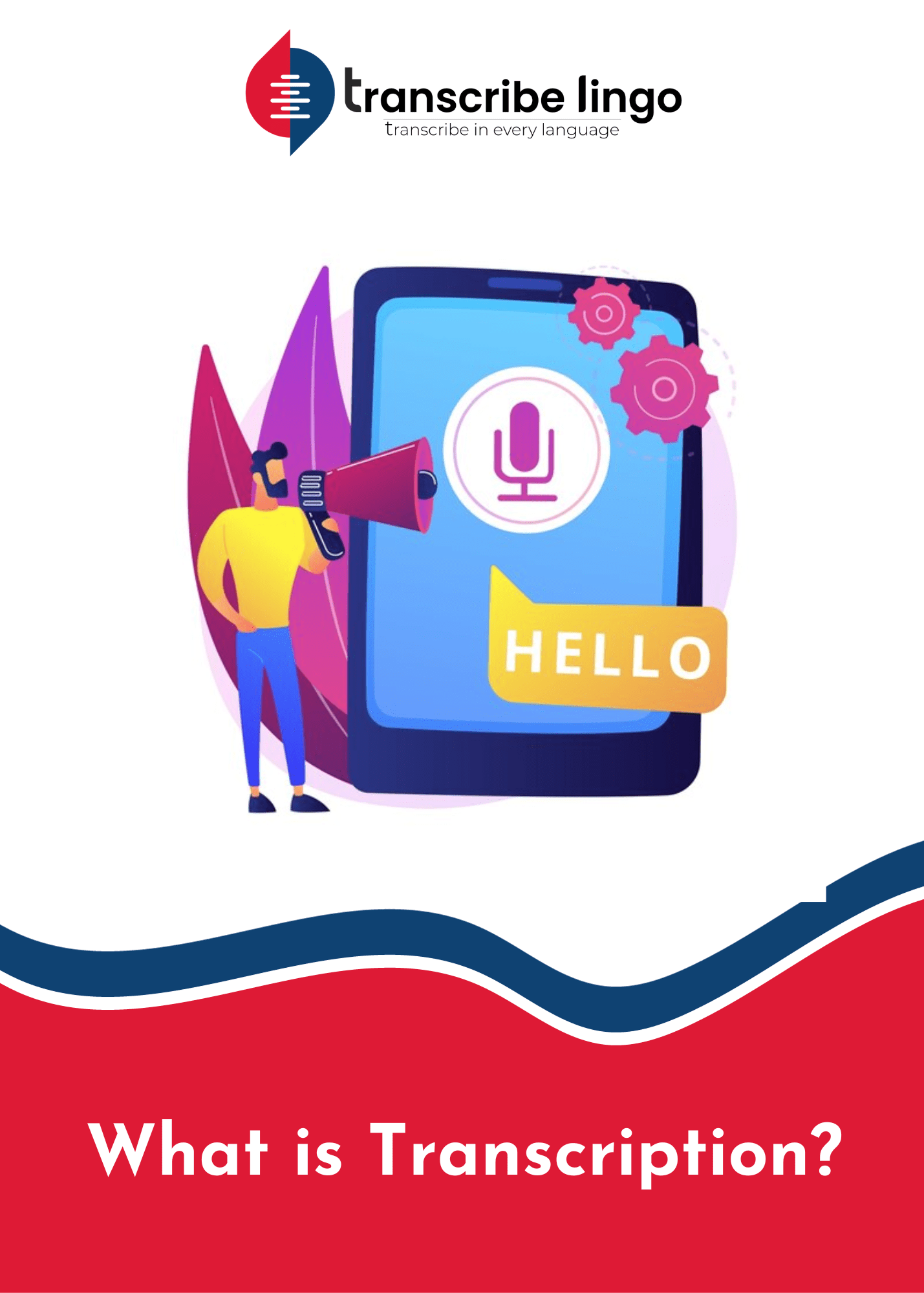What is Transcription?
Transcription means writing down what someone says.
It turns speech or sound into clear written text.
People use transcription to keep records, share ideas, and make content easy to read

How It Works
A transcriptionist listens to a recording.
Then they type what they hear.
The written version is called a transcript.
You can read it, search it, and use it later.
Types of Transcription
1. General
Used for normal talks, meetings, or podcasts.
2. Medical
Doctors record notes.
Transcriptionists type them for patient files.
3. Legal
Courts and lawyers use transcripts for hearings and interviews.
4. Media
Writers and video makers use transcripts for captions or subtitles.
5. Academic
Students and teachers turn lectures and research into text.
6. Business
Companies record calls and meetings.
Transcripts help them review and plan.
Why It Matters
Transcription helps in many ways:
-
Helps everyone read and understand
-
Makes information easy to search
-
Supports learning and studying
-
Creates clear legal and medical records
-
Helps writers and creators make new content
Technology and People
Computer tools can write speech into text fast.
But humans check the work to fix mistakes.
They understand accents, noise, and hard words better than machines.
Common Problems
Transcription can be hard when:
-
The audio is noisy
-
People talk over each other
-
The speaker has a strong accent
-
The topic has hard or special words
-
The content is private or secret
How Transcribe Lingo Helps
Transcribe Lingo makes transcription easy and reliable.
They offer:
-
Accurate results checked by experts
-
Fast delivery for your projects
-
Safe handling of private data
-
Smart tools for clear and quick text
-
Experience in many industries
In Short
Transcription changes spoken words into text.
It makes learning, sharing, and record-keeping simple.
With Transcribe Lingo, you get fast, safe, and accurate transcripts — whenever you need them.
